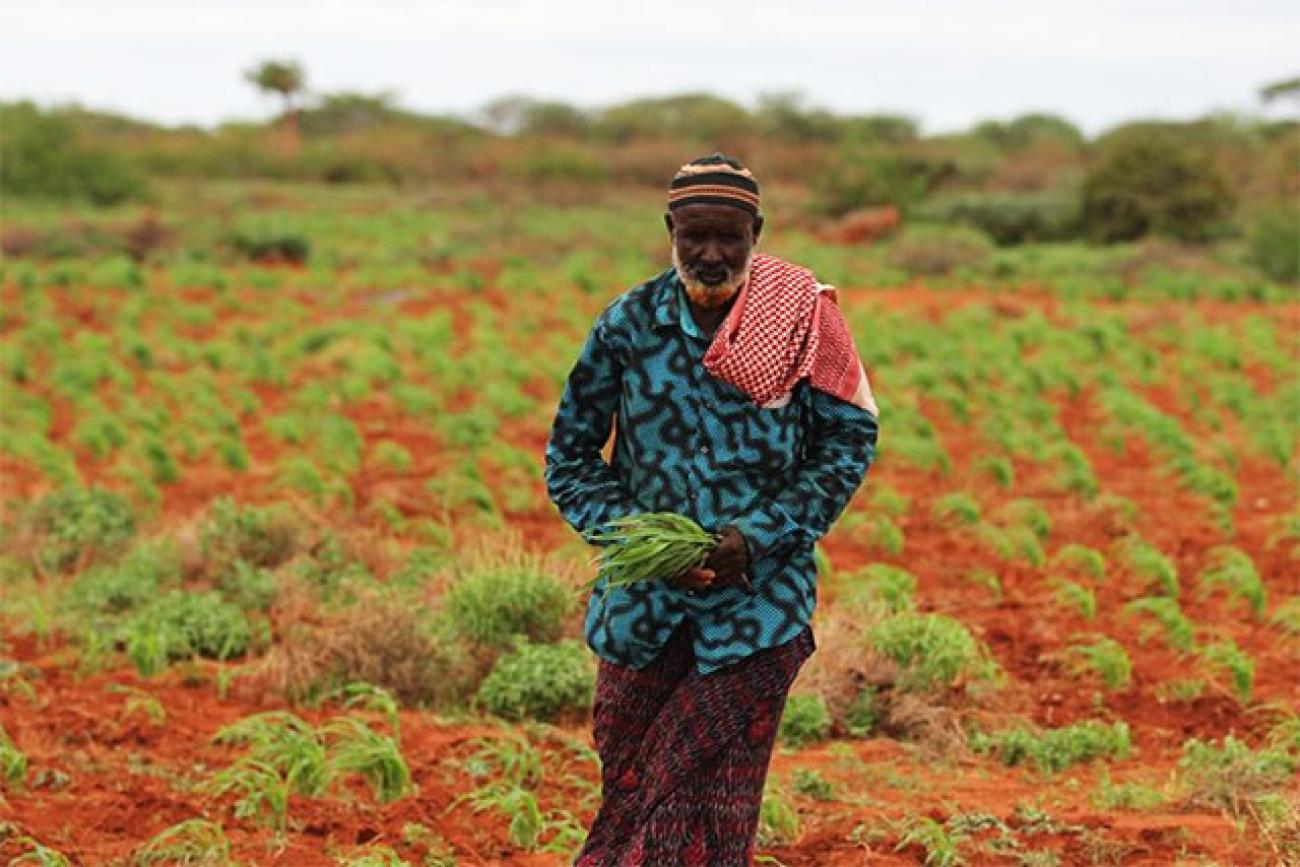Late rains and erratic weather patterns in Somalia have raised concerns over a worsening of the food security situation
Late rains and erratic weather patterns in Somalia have raised concerns over a worsening of the food security situation, as food stocks from the last poor harvest become depleted and food prices continue to rise sharply. The situation is being exacerbated by conflict and inadequate funding for priority actions designed to address the needs of hard-hit communities, according to FAO’s Global Information and Early Warning System (GIEWS) report.
This is in line with an earlier report from FAO Somalia’s Food Security and Nutrition Analysis Unit (FSNAU). Currently, the number of people in need of humanitarian assistance in Somalia is estimated at about 860 000, including over 200 000 malnourished children under the age of five years. Somalia has the one of the highest levels of malnutrition in the world.
FAO’s planned immediate response
FAO, in coordination with its partners in the Food Security Cluster (FSC), is planning rapid interventions (90-days priority needs response) to prevent and mitigate the further deterioration of the food security situation. Against the background of a low funding rate of the overall 2014 humanitarian programme (19%), this FAO component is part of a joint response plan of USD 60 M by all humanitarian partners to cover the most immediate humanitarian needs.
The activities planned by FAO for this period, totalling USD 18 M, are aimed at meeting the most vulnerable Somali communities’ immediate needs and making them more resilient to droughts and other shocks.
FAO’s response to the deteriorating food security situation in Somalia
Link to original story



